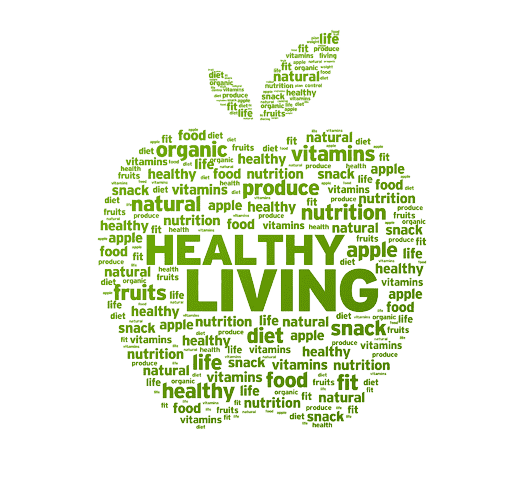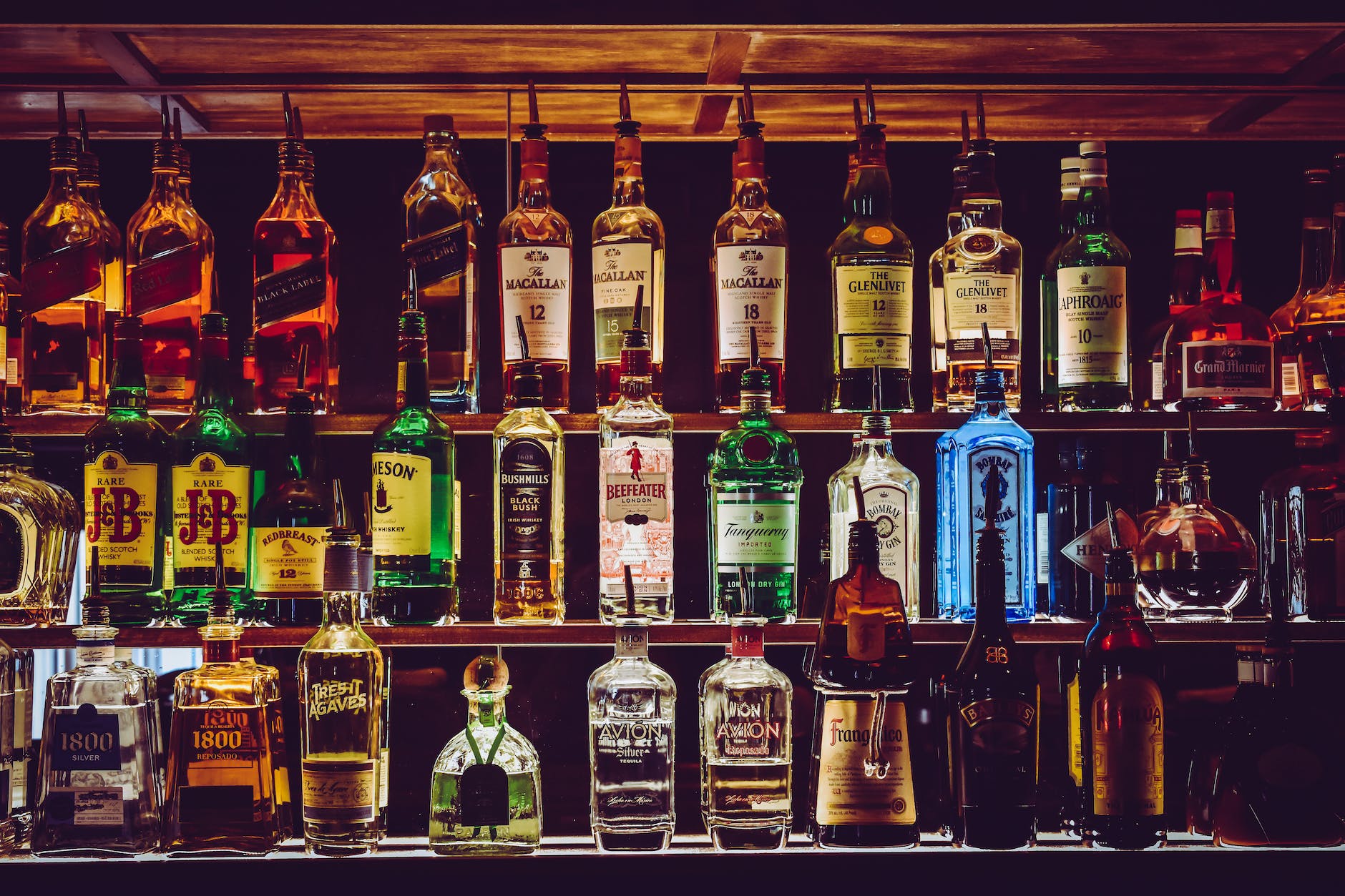If you are trying to lose weight, you’ve probably heard that alcohol can be a major obstacle. But, just how much of an obstacle is it? And, why is it so difficult to lose weight while drinking? Does taking a break from alcohol for weight loss?
To answer these questions, let’s take a closer look at the impact of alcohol on weight loss and some of the reasons why it can be so challenging to achieve your weight loss goals while consuming alcoholic beverages.
Calories in Alcoholic Beverages
One of the most obvious ways in which alcohol can interfere with weight loss is through the calories it contains. The number of calories in a single drink can vary significantly depending on the type of alcohol and the specific drink. For example, a 12-ounce beer typically contains around 150 calories, while a 5-ounce glass of wine contains around 120 calories, and a shot of liquor contains around 100 calories.
Even more concerning is the fact that many people don’t stop at just one drink. In fact, according to the National Institute on Alcohol Abuse and Alcoholism, approximately 27% of adults in the United States reported engaging in binge drinking (defined as consuming four or more drinks for women, or five or more drinks for men, on a single occasion) in the past month.
When you consider the number of calories consumed during a night of drinking, it’s not surprising that it can be difficult to maintain a calorie deficit required for weight loss. In addition to the calories from the alcohol itself, it’s also important to remember that drinking often leads to other unhealthy food choices, such as fried or greasy foods, that can be high in calories and further sabotage your weight loss efforts.
Drinking Before Bed
Another issue with drinking alcohol is the timing of consumption. Many people drink in the evenings, often right before bed. Consuming anything right before bed can interfere with the quality of your sleep and lead to other negative consequences, such as indigestion or acid reflux.
When it comes to weight loss, sleep is essential. Not getting enough sleep can increase hunger hormones and decrease the hormones that make you feel full, leading to increased food cravings and overeating. So, drinking alcohol right before bed not only interferes with the quality of your sleep, but it can also lead to overeating and sabotage your weight loss efforts.
Drinking Snacks
Have you ever noticed that you’re more likely to reach for unhealthy snacks while drinking? There’s a reason for that. Alcohol consumption can lower your inhibitions and make it more difficult to resist tempting foods.
In fact, research has found that drinking alcohol can increase the activity in the brain’s reward center, making you more likely to seek out and consume high-calorie, unhealthy foods. This effect can be especially pronounced in people who are already overweight or obese, as they may be more sensitive to the rewarding effects of food and more likely to overeat.
Hangovers
Finally, there’s the issue of hangovers. As we get older, hangovers can become more severe and last longer. When you’re hungover, you may feel more inclined to skip your workout or other healthy activities that you had planned, and may be more likely to indulge in unhealthy foods to help ease your discomfort.
In fact, research has found that people who are hungover are more likely to consume unhealthy foods and snacks, and less likely to engage in physical activity, compared to days when they are not hungover. This can be a major setback for weight loss goals.
Alcohol and Exercise
Alcohol can also interfere with exercise habits. Not only does alcohol have a dehydrating effect, but it can also lead to muscle weakness, fatigue, and a decrease in endurance. This can make it more challenging to maintain an exercise routine and decrease the effectiveness of workouts.
Furthermore, alcohol consumption can lead to hangovers, which can cause individuals to skip workouts altogether. The symptoms of a hangover, such as headaches, nausea, and fatigue, can make exercise seem unappealing and difficult.
Alcohol and Age
As individuals age, alcohol’s effects on the body can become more significant. The liver’s ability to process alcohol decreases with age, which can lead to a longer-lasting impact on the body. Hangovers may last longer and cause more significant discomfort, and alcohol consumption can lead to increased blood pressure and a weakened immune system.
The Importance of Moderation
It’s important to remember that moderation is key. Consuming alcohol in moderation, such as one drink per day for women and two drinks per day for men, can have some health benefits, including a decreased risk of heart disease. However, excessive alcohol consumption can have serious health consequences and is linked to an increased risk of liver disease, certain cancers, and mental health disorders.
For those on a weight loss journey, taking a break from alcohol for may be beneficial. This break doesn’t have to be permanent, but it can help individuals establish healthy habits and make progress towards their weight loss goals.
Conclusion
While it’s certainly possible to lose weight while drinking alcohol, it’s important to recognize the challenges that come with it. Not only do alcoholic beverages contain calories that can make it difficult to maintain a calorie deficit, but drinking can also lead to unhealthy food choices,





